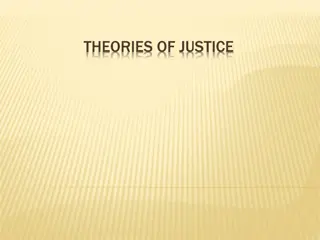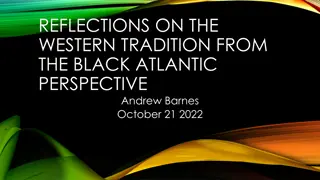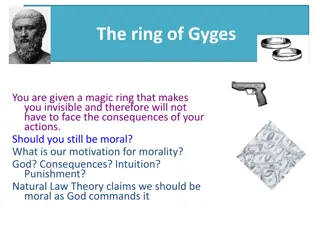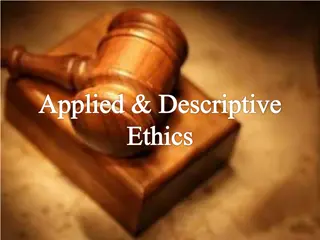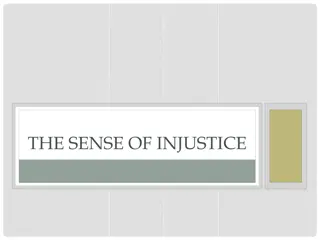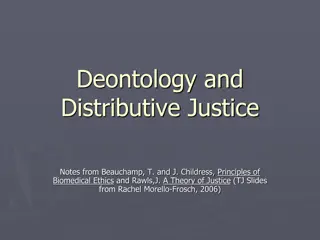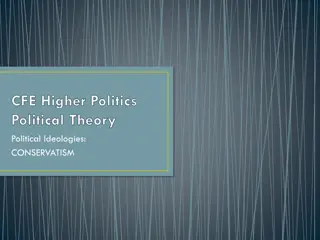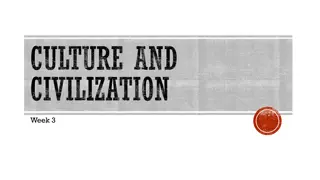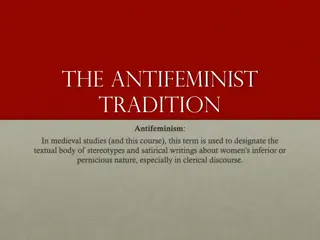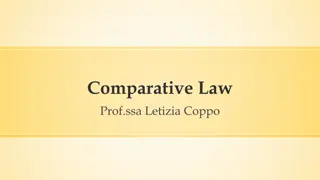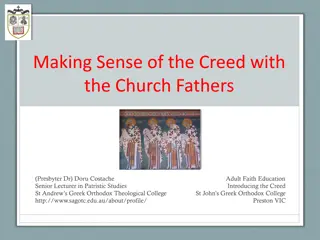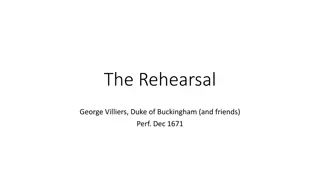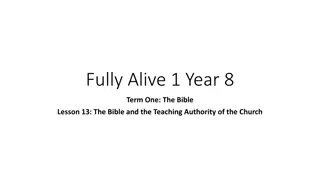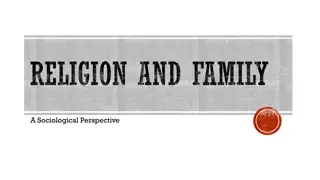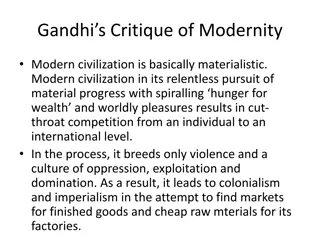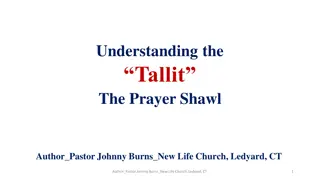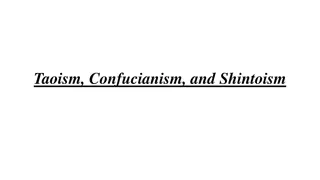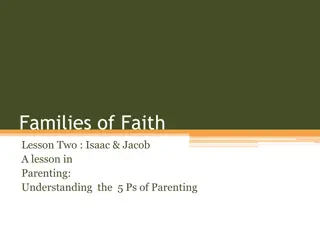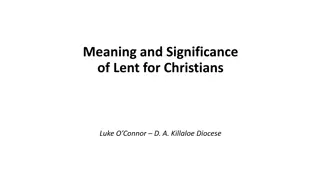Understanding John Rawls' Contractualism and the Deontological Tradition
Explore John Rawls' Contractual Theory of Justice within the deontological tradition. Rawls introduces the original position and the veil of ignorance to establish fair and impartial principles of justice. Discover Rawls' principles of justice, focusing on basic liberties, social and economic inequalities, and the basic structure of society. Dive into the underpinnings of Rawls' theory and how it shapes our understanding of justice in society.
Download Presentation

Please find below an Image/Link to download the presentation.
The content on the website is provided AS IS for your information and personal use only. It may not be sold, licensed, or shared on other websites without obtaining consent from the author. Download presentation by click this link. If you encounter any issues during the download, it is possible that the publisher has removed the file from their server.
E N D
Presentation Transcript
Deontological tradition Contractualism of John Rawls
Part one John Rawls and (Contractual) Theory of Justice
Rawls and social contract Original position: A fair and impartial point of view that is to be adopted in our reasoning about fundamental principles of justice. In taking up this point of view, we are to imagine ourselves in the position of free and equal persons who jointly agree upon and commit themselves to principles of social and political justice. The veil of ignorance : To insure impartiality of judgment, the parties are deprived of all knowledge of their personal characteristics and social and historical circumstances.
The veil of ignorance Parties do not know: The race, ethnicity, gender, age, income, wealth, natural endowments, comprehensive doctrines, etc. of any of the citizens in society, or to which generation in the history of the society these citizens belong. The political system of the society, its class structure, economic system, or level of economic development. Parties do know: That citizens in the society have different comprehensive doctrines and plans of life; that all citizens have interests in more primary goods. That the society is under conditions of moderate scarcity: there is enough to go around, but not enough for everyone to get what they want; General facts about human social life; facts of common sense; general conclusions of science (including economics and psychology) that are uncontroversial.
Principles of justice according to Rawls Each citizen is guaranteed a fully adequate scheme of basic liberties, which is compatible with the same scheme of liberties for all others; Social and economic inequalities must satisfy two conditions: to the greatest benefit of the least advantaged (the difference principle); attached to positions and offices open to all.
Basic structure of society Primary goods are: The basic rights and liberties; Freedom of movement, and free choice among a wide range of occupations; The powers of offices and positions of responsibility; Income and wealth; The social bases of self-respect: the recognition by social institutions that gives citizens a sense of self- worth and the confidence to carry out their plans
Rawls underpinnings Procedural version of Kantian moral philosophy? Characteristics of a citizen The idea of overlapping consensus
Application 1. Public vs. private reason (Public standards vs. private beliefs) Citizens engaged in certain political activities have a duty of civility to be able to justify their decisions on fundamental political issues by reference only to public values and public standards. [Rawls, after: Stanford Encyclopedia of Philosophy]
Application 2 Distributive justice: do we deserve what we possess?


